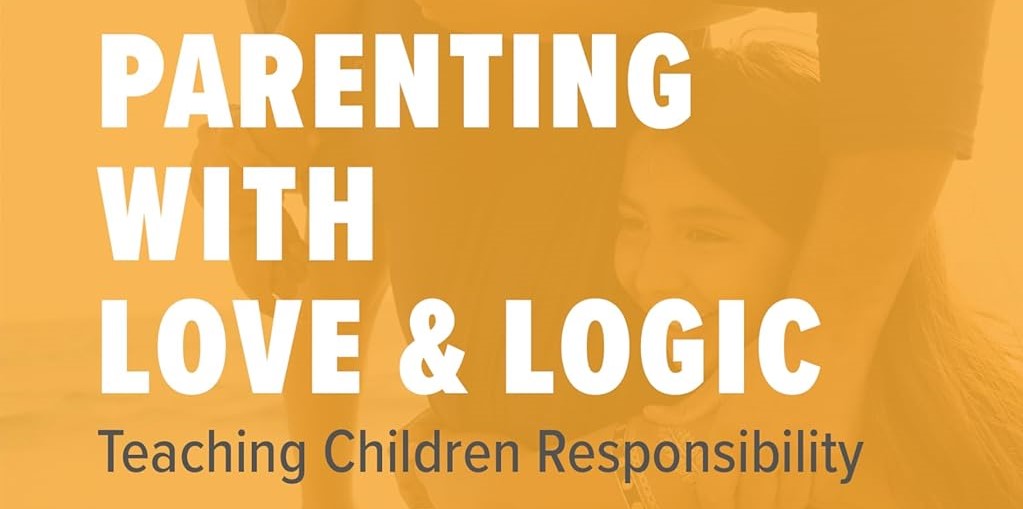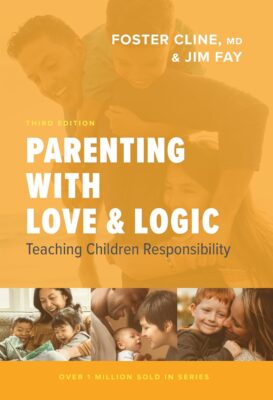Character
Raise children with good character, and they’ll figure out the education and career path they need. There is no perfect way to do it. Good character is defined as always trying to do the right thing, not being entitled or expecting to get everything they want. Children are part of the family and need to do their fair share at home. If they have a bad relationship with parents and authority, they may struggle to find a good purpose or any purpose.
People have limits and boundaries, and they need to feel safe, loved and like an important part of the family. Without these elements, they may start floundering, acting out or experiencing various issues.
You don’t set limits by ordering people around. You set limits by controlling what you can. For example, instead of saying ‘hurry up,’ you say ‘the car is leaving in 5 minutes.’ Instead of ‘you better finish all your food,’ you say ‘the food will be on the table for the next 20 minutes, so get what you need until the next meal.
TThey are going to constantly test parents and try to turn a ‘no’ into a ‘yes.’ The best way to deal with kids when they test the limits is not to explain. For example, when they say ‘it’s not fair,’ use the minimum number of words and just state ‘I know,’ then walk away. Another example is ‘and what did I say,’ then walk away. Parents need to have a set of words ready to say and repeat if necessary.
Example conversation
Reasonable computer time is 30 minutes. If a kid says, ‘As long as I have good grades, I can be on the computer,’ rephrase it to reflect their underlying message: ‘As long as I have good grades, who cares about my character, my contributions to the house, or whether I’m a good person?’ A better approach would be to ask, ‘What do you think would be a reasonable amount of time for you, while not taking away too much time from other priorities and not making me worry about you getting addicted?’ If they reply with ‘3 hours,’ you can calmly say you’ll give it some thought. Later, come back and ask them to consider how that amount of time might cut into family time and other priorities. If they keep pushing, throw it back to them by saying, ‘If you don’t figure out why it’s important to balance time with friends and family, then come back and let’s talk about it’ (or ‘if you don’t figure that out by the time you have teenagers of your own….’)
The V of Love
A concept that illustrates how parents should gradually expand the boundaries and freedoms they give their children as they grow older. The lines of the V represent these boundaries. Helicopter parenting can be problematic because it involves parents constantly solving problems for their children. Instead, let children come up with their own solutions. It’s okay if their ideas aren’t great at first; they are likely to reject the initial idea anyway. The important message is to help children understand that the quality of their life is influenced by their decisions. If they express doubts about their plan, ask them what kind of backup plan they have if the original plan doesn’t work.
Entitlement
They don’t usually call parents when they’re having the best time. They call when they need something, and parents are vulnerable to this. Again, keep asking about their thoughts on solving their problems. When they ask for money, say you need to think about it and will get back to them with what will work for you (not them)! Don’t cripple them by giving in.
Amazon #ads






